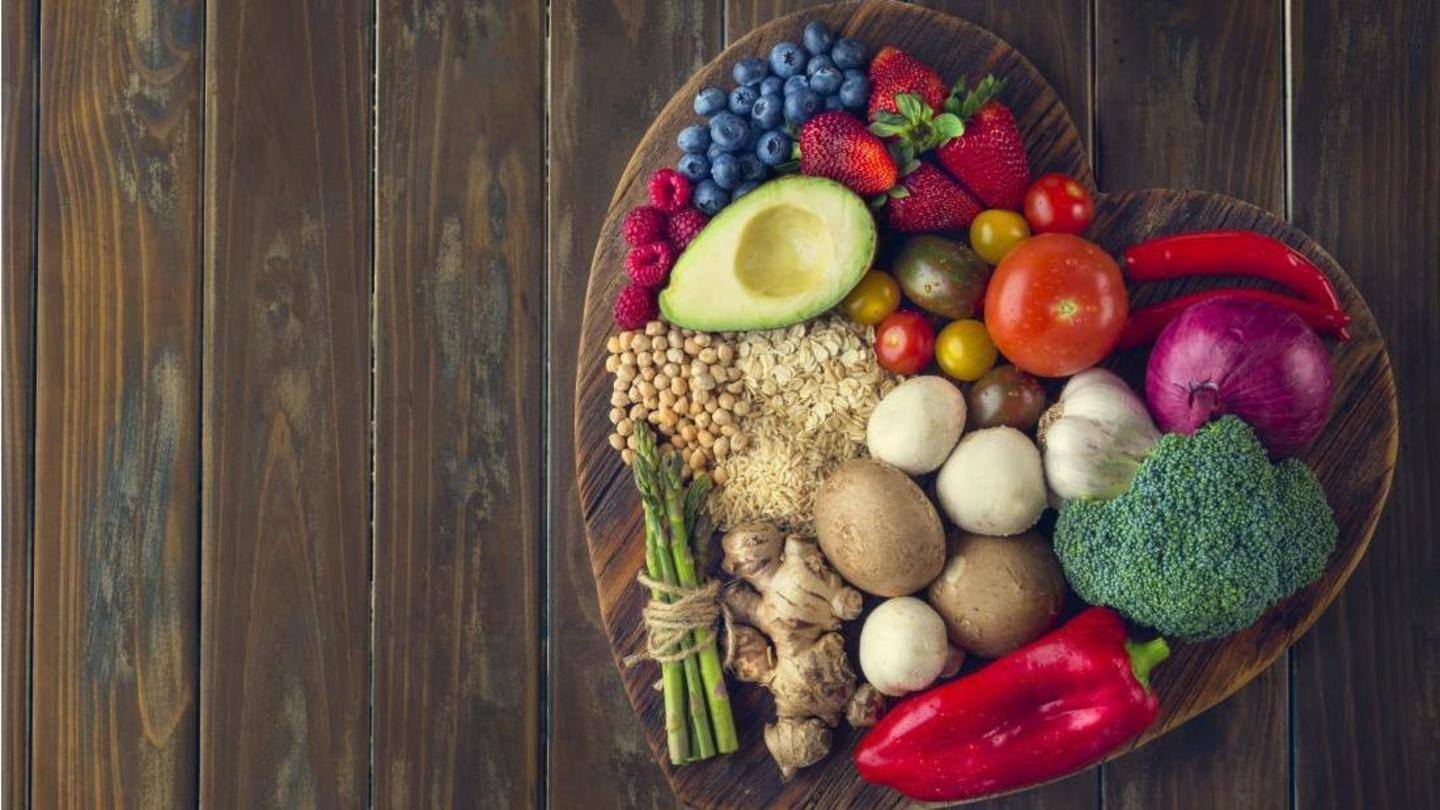
#HealthBytes: How can a high-protein diet help you?
What's the story
Protein plays a key role in important bodily functions such as balancing hormones, enzymes, and cell repair and maintenance. This is why people who do intense workouts regularly are on high-protein diets that encourage more protein intake and fewer carbohydrates or fat. While there are potential risks of consuming too much protein, diets with high protein content can be beneficial in many ways.
Muscles
This type of a diet+weight training enables muscle development
Protein is the building block of muscle development. Since your body is constantly breaking down muscles and building them again, a good intake of protein provides amino acids to the body that in turn help in growing and repairing the muscles. A high-protein diet along with muscle development regimes like weight training is recommended for increasing levels of lean muscle mass in the body.
Hunger
High protein content reduces hunger levels, unhealthy cravings
A good amount of protein intake helps you to stay full and satisfied for a longer period of time because it reduces the levels of ghrelin, the hunger hormone. If overeating is causing problems like unintentional weight gain, include more protein in your meals and snacks. This may help you to eat less throughout the day and leave less space for unhealthy cravings.
Bones
Protein, along with calcium intake is essential for bone health
High-protein diets are actually great for your bones, as opposed to the belief that it can weaken them. A study focused on the elderly found that those on low-protein diets suffered from more loss of their bone density compared to those on high-protein ones. As long as the calcium intake is sufficient, protein can increase bone mass, and even help with bone injuries.
Weight loss
Increasing metabolism for weight loss is another perk
Since the body needs more energy and effort to digest proteins, in a process called the thermic effect of food, your calorie-burning capacity increases. This in turn boosts your metabolism and helps in weight loss. High-protein intake generally burns 80-100 more calories each day. In fact, one research showed that a high-protein group can burn 260 more calories per day than a low-protein group.
Planning diet
The dos and don'ts of a protein-rich diet
Here's how you can plan an effective high-protein diet. a) Choose good protein foods like soy protein, beans, nuts, and low-fat dairy products along with non-vegetarian options like eggs. b) Avoid processed meats. c) Don't cut out carbs entirely as it can result in nutritional deficiencies or insufficient fiber. Instead, choose nutritious carbs that are high in fiber, like whole grains, vegetables, and fruit.